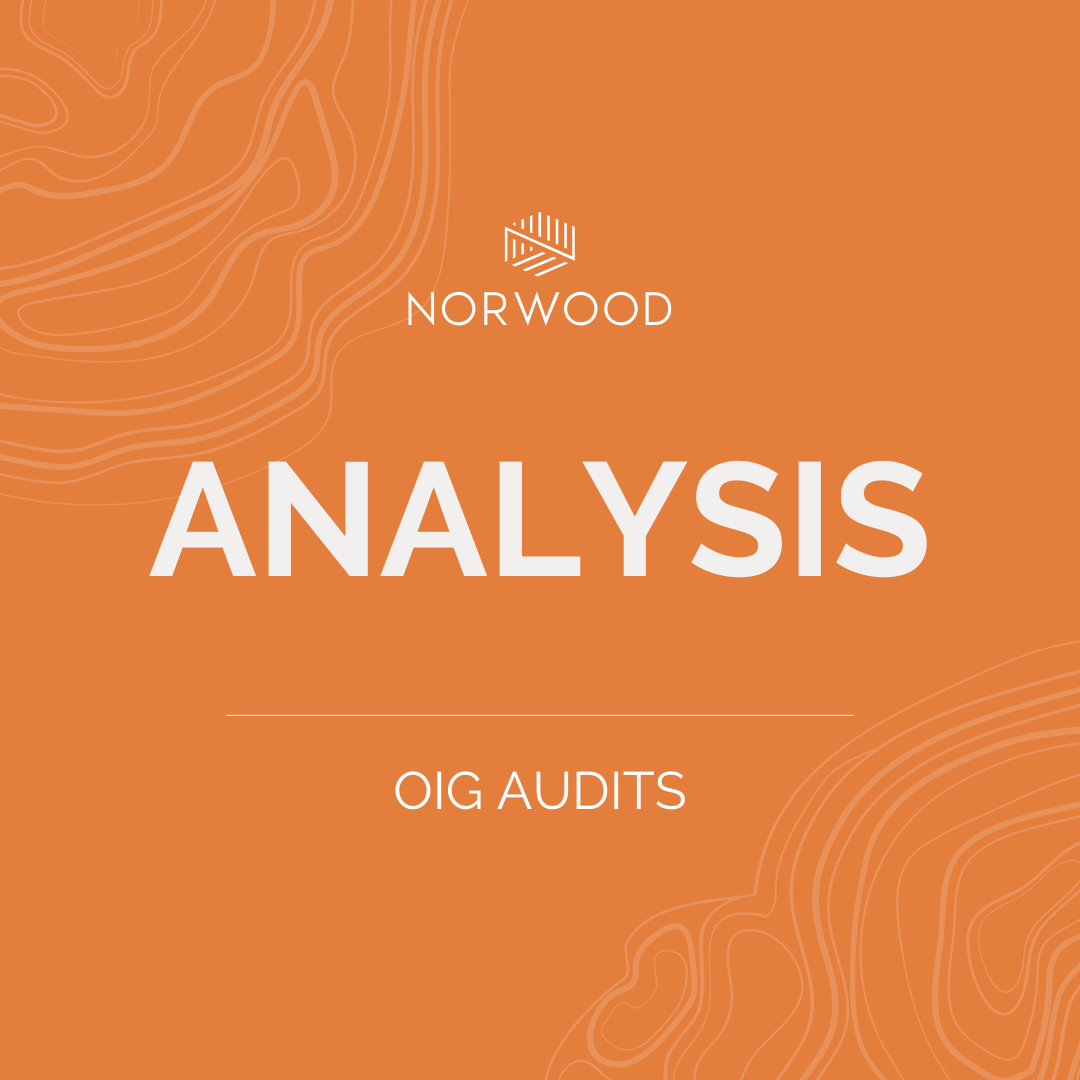OIG audits of risk adjustment diagnoses running into familiar, repetitive roadblock—and resolution is needed

By Brian Murphy
“Additionally, Humana did not agree with our audit methodology or overpayment estimation methodology.”
Take the above line from the OIG’s latest audit report, remove “Humana.” Fill in the blank with another payer.
The result is the same. No Medicare Advantage (MA) payer agrees with the OIG’s audit methodologies.
The OIG continues to release a torrent of audit reports related to submission of diagnosis codes for purposes of reimbursement under MA. The findings reveal alleged errors and overcoding…
… and then the payers on the receiving end disagree.
Rinse, repeat.
It’s Groundhog Day, absent Bill Murray.
The latest was last week. The OIG recommended that Humana refund $6.8M of estimated overpayments for noncompliant reporting of high-risk diagnoses, as well as examine its compliance procedures to identify areas where improvements can be made to other miscoded diagnoses.
Humana disagreed. It stated that the OIG’s findings are “systematically skewed towards identifying overpayments rather than underpayments, rendering OIG’s results inherently unreliable.”
Around and around we go.
Humana acknowledges this endless loop: “OIG and the MA industry therefore appear to be at an impasse on this critical issue.”
What’s going to break the stalemate? CMS regulation? Congressional hearing? Supreme court decision?
I don’t know.
We need some sort of resolution. The amount of money spent on these audits, which involve auditors, coding professionals, physicians, lawyers, administrators, etc., must be staggering.
Everyone wants a clear set of rules for accurate and compliant claims submission. Each party believes it is operating with the correct playbook … but the problem is neither is using the same one.
CMS-HCCs are a capitated model in which payment covers patient care delivered over a year. Fee-for-service claims capture a relative moment in time, a single encounter or hospital admission.
MA plans believe that risk adjustment diagnoses should be held to a different reporting standard than fee-for-service claims. This has been dubbed “actuarial equivalence” by the MA plans, a complex concept which requires more space than I have here. I added a bit of explanation in the comments below.
The MA plans therefore don’t believe they should be held to the FFS audit standards—and aren’t budging. “Seeking repayment of the amounts referenced in the Draft Report would represent a serious departure from the statutory requirements underlying the MA payment model,” Humana writes.
The OIG uses the CMS Risk Adjustment Data Validation (RADV) final rule and general auditing principles, and “apply the same Federal requirements with respect to determining whether the diagnosis codes under review were supported by medical records.”
We’re deadlocked, to the point of humor. Humana referred the OIG back to two other recent audit reports of Humana MA plans, from July 2022 and April 2023, with similar disagreements. Neither of which have been resolved.
Humana has initiated a lawsuit challenging CMS’s Final RADV Rule as “arbitrary and capricious,” the outcome of which may finally break this impasse. We’ll see.
Resources
- OIG audit report of Humana: https://oig.hhs.gov/reports/all/2024/medicare-advantage-compliance-audit-of-specific-diagnosis-codes-that-humana-health-plan-inc-contract-h2649-submitted-to-cms/
- The claim of actuarial equivalence argues that discrepancies in diagnosis codes should not be interpreted as overpayments. Actuarial equivalence requires that MA payments be comparable to traditional Medicare costs, accounting for variations in coding practices. MAOs argue that audits focusing solely on unsupported diagnosis codes ignore the overall principle of equivalence, where some conditions may be under-reported, balancing any over-reporting. They contend that this method ensures fair payments, and focusing on individual errors without considering this balance misrepresents their financial responsibility.
Related News & Insights
Code Red: CMS announces massive audit expansion of Medicare Advantage, raising risk adjustment coding questions
By Brian Murphy For a while I felt like this was coming to a head. As far…
Are you assigning admit type based on NUBC guidelines—or a loose interpretation to influence quality metrics?
By Brian Murphy Prior to our Off the Record podcast recording my guest Penny Jefferson shared with…


